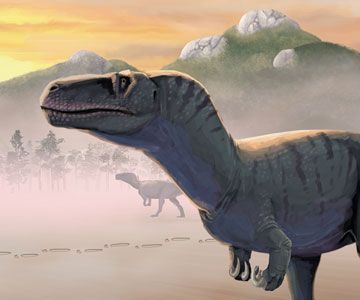
The discovery of the 167-million-year-old trackways at the remote shoreline, combined with advanced imaging techniques, has revealed an ancient hub of Jurassic dinosaur activity.
08.08.2025 14:09 — 👍 1 🔁 0 💬 0 📌 0@americanscientist.org.bsky.social
Publishing award-winning science, tech, engineering, & math content for over a century. Join us for daily stories.

The discovery of the 167-million-year-old trackways at the remote shoreline, combined with advanced imaging techniques, has revealed an ancient hub of Jurassic dinosaur activity.
08.08.2025 14:09 — 👍 1 🔁 0 💬 0 📌 0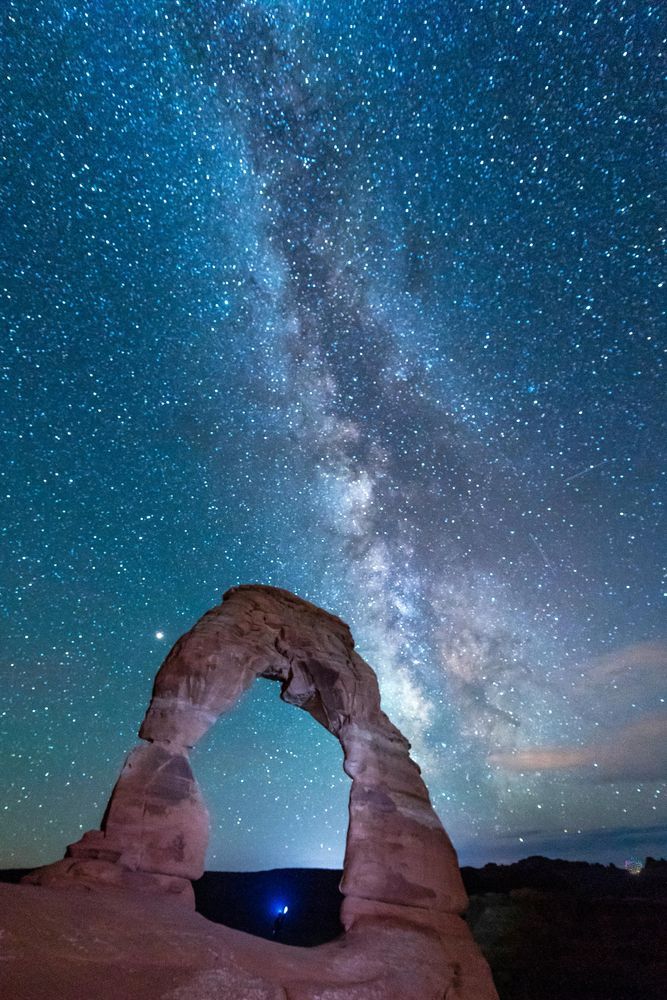
Craig Childs muses on the significance of dark skies in his newest book.
08.08.2025 01:26 — 👍 2 🔁 0 💬 0 📌 0She is also the coauthor of City Unseen: New Visions of an Urban Planet (Yale University Press, 2018). Seto is a 2025–2026 Sigma Xi Distinguished Lecturer, and she spoke with editor-in-chief Fenella Saunders about her work.
07.08.2025 21:26 — 👍 0 🔁 0 💬 0 📌 0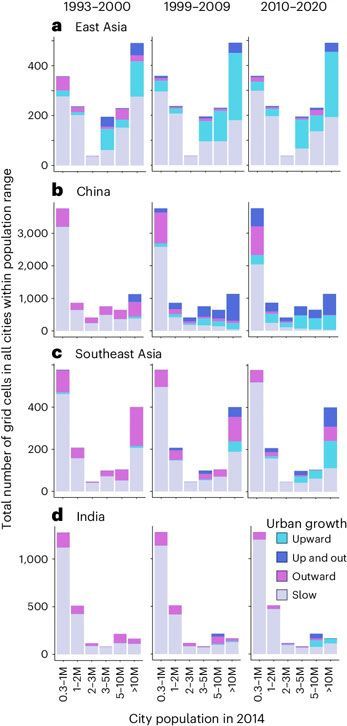
She was the coleader of the urban mitigation chapter for the Intergovernmental Panel on Climate Change (IPCC) 5th and 6th Assessment Reports.
Image: Nature Cities 2024, 1:555–566
Seto’s research has generated new insights about the interaction between urbanization and food systems, the effects of urban expansion on biodiversity and cropland loss, urban energy use and emissions, and urban mitigation of climate change.
07.08.2025 21:26 — 👍 1 🔁 0 💬 1 📌 0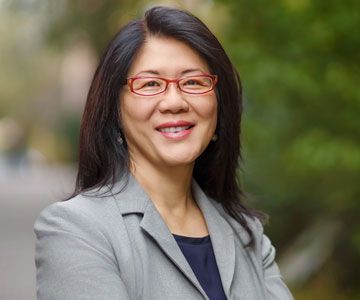
Karen C. Seto is an expert in satellite remote sensing analysis and has pioneered methods to reconstruct historical land use.
07.08.2025 21:26 — 👍 1 🔁 0 💬 1 📌 0@fsaundersamsci.bsky.social @klburke.bsky.social @ngerbis.bsky.social @staceybl.bsky.social @sigmaxi.bsky.social
05.08.2025 21:26 — 👍 0 🔁 0 💬 0 📌 0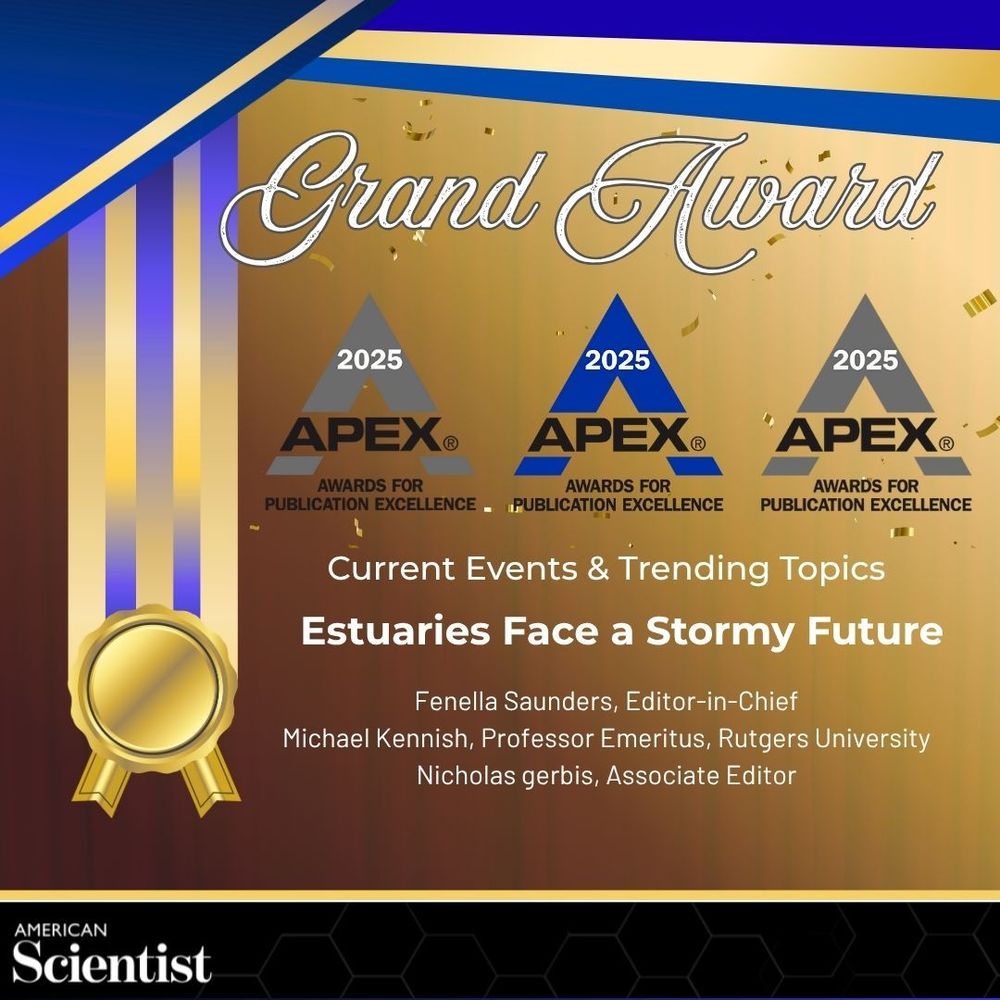
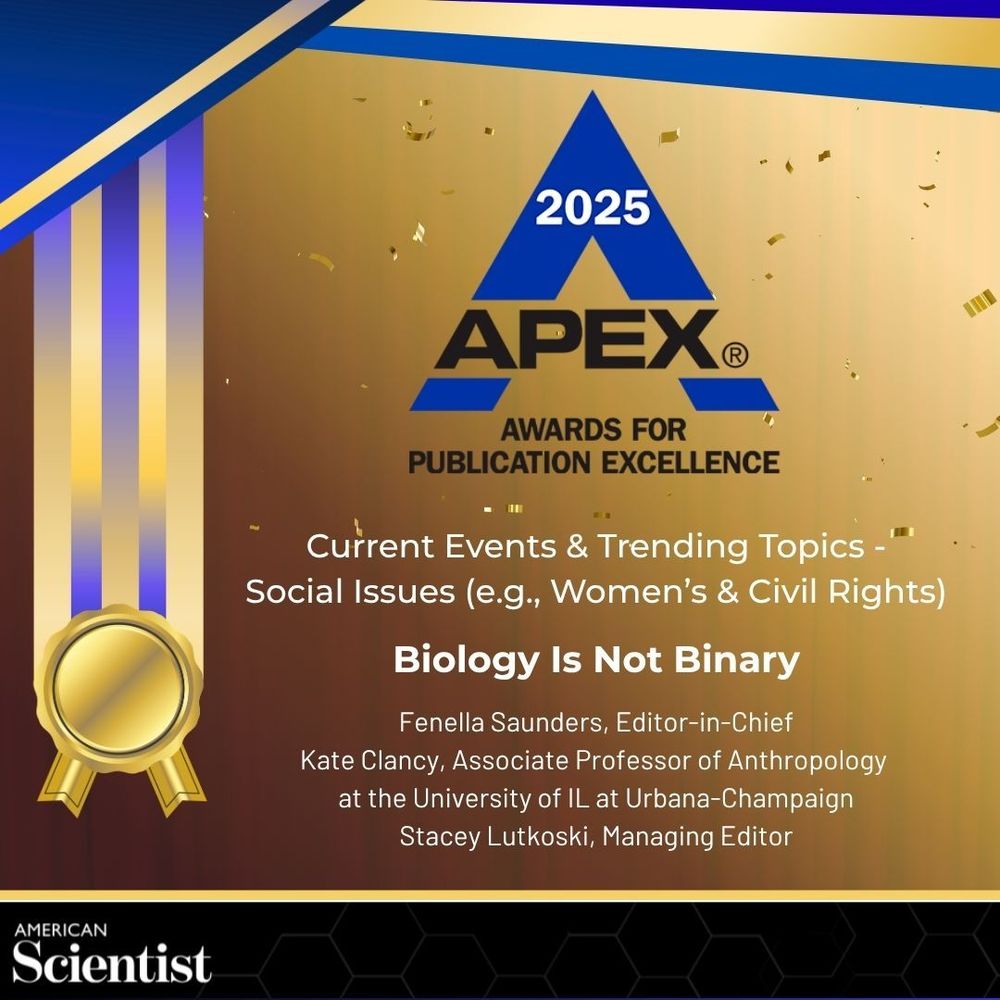
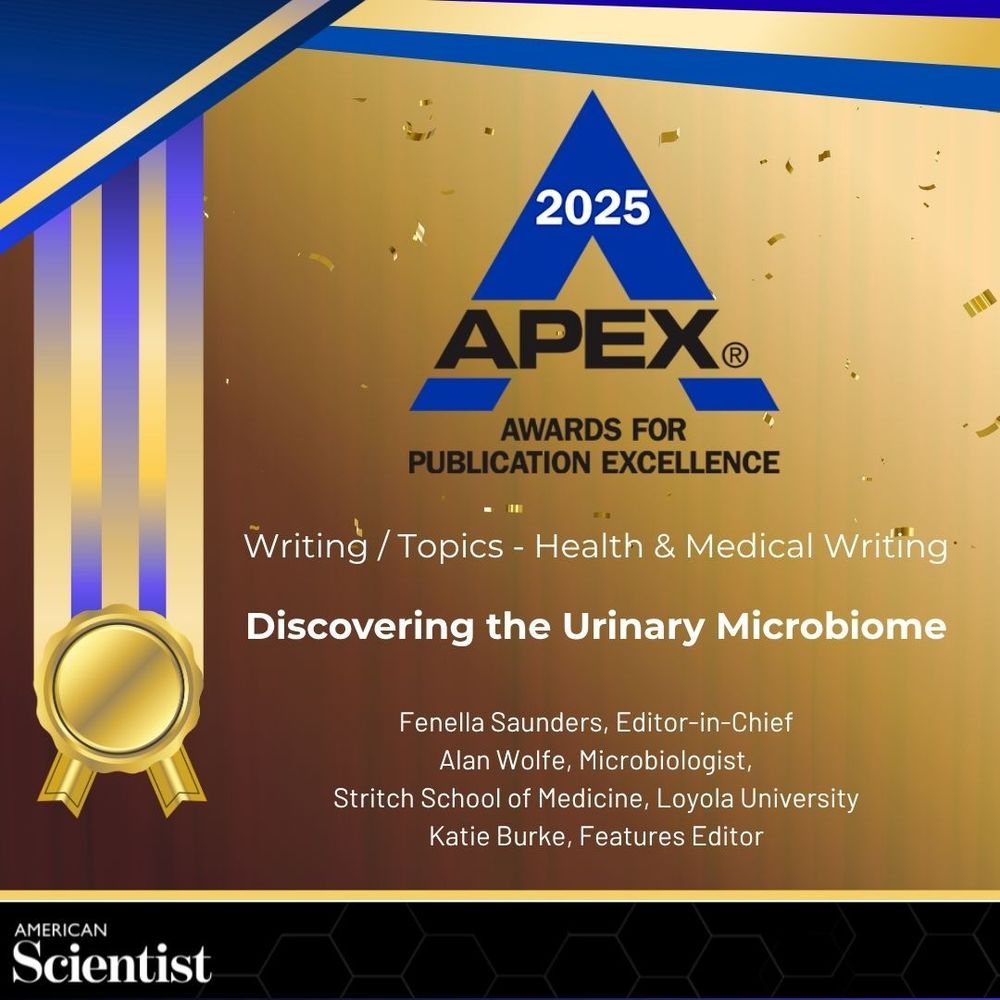
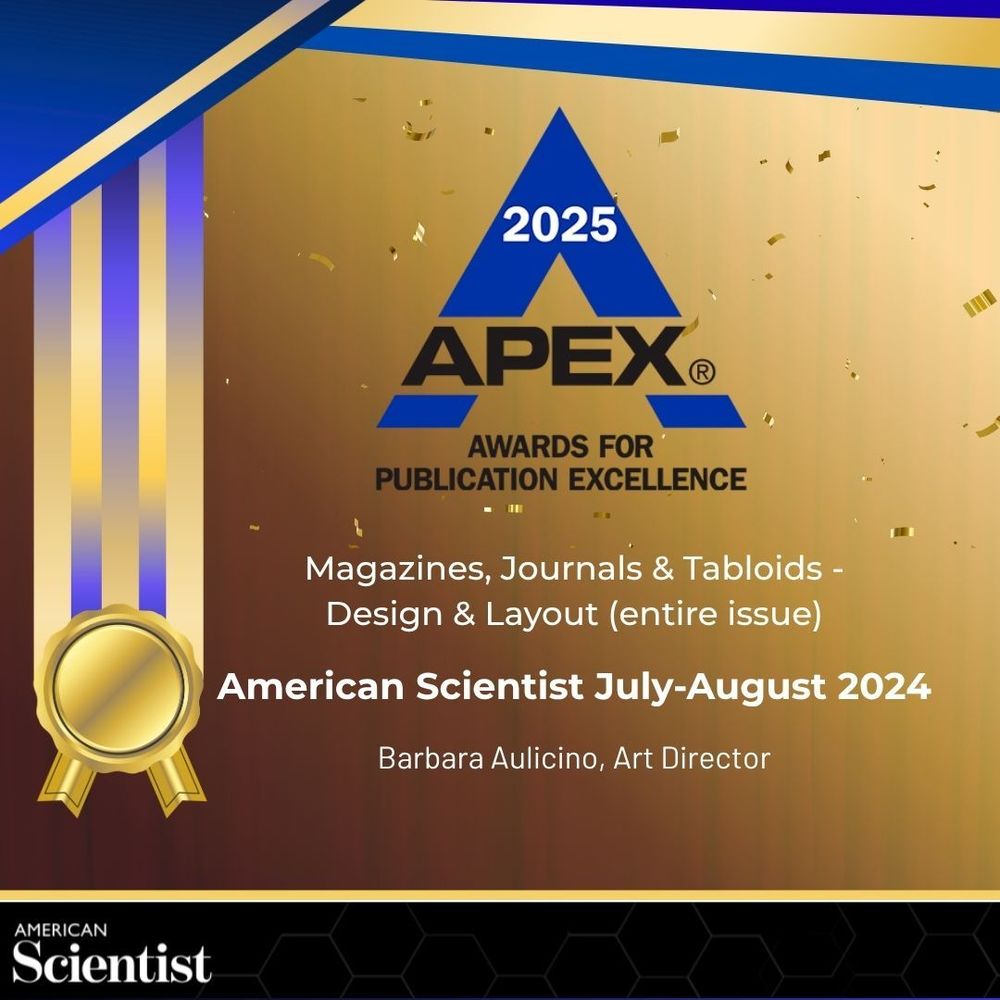
American Scientist has won four Apex Awards!
Congratulations to the authors and editors. 🏆
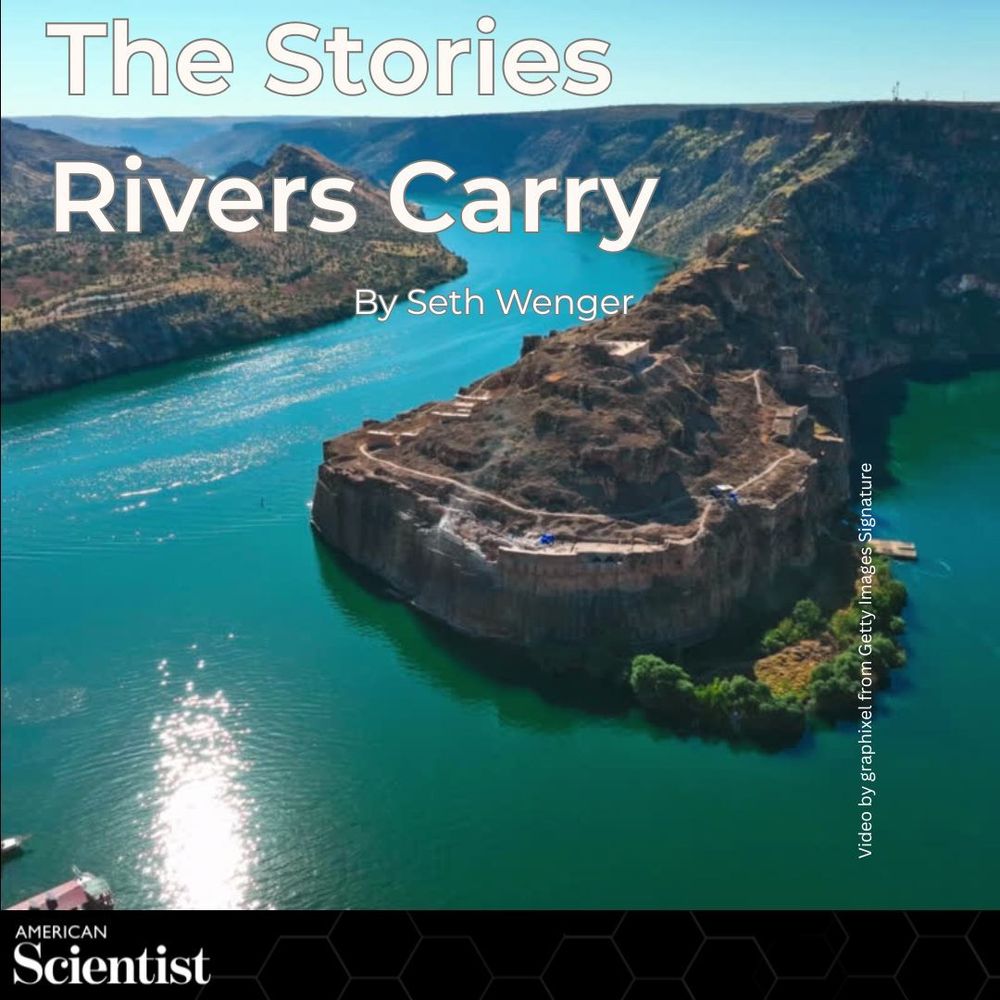
Robert Macfarlane’s newest book explores intersections between these waterways and the larger ecosystem.
05.08.2025 14:41 — 👍 1 🔁 0 💬 0 📌 0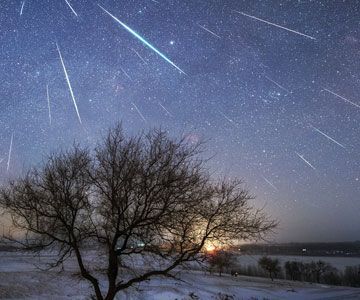
Before hitting Earth, rocks traveling through space are generally referred to as asteroids, meteoroids, or comets, depending on their size and composition. If a piece of one of these objects makes it all the way to Earth, it becomes a meteorite.
31.07.2025 14:09 — 👍 3 🔁 0 💬 0 📌 0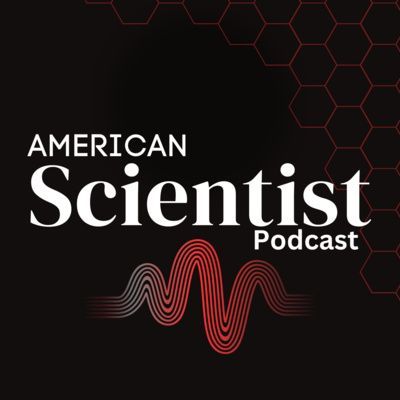
Hosted by journalist and former neuroscientist Celia Ford, "Wired for This" features interviews with scientists, including Paul O’Keefe, whose research explores how psychological barriers influence the goals people pursue and their potential to achieve them.
30.07.2025 14:09 — 👍 2 🔁 0 💬 0 📌 0
The obligation of the engineer includes the promise to be meticulous in practice, to persevere in design challenges, and to hold the line against failure as best as humanly possible.
29.07.2025 14:09 — 👍 1 🔁 0 💬 0 📌 0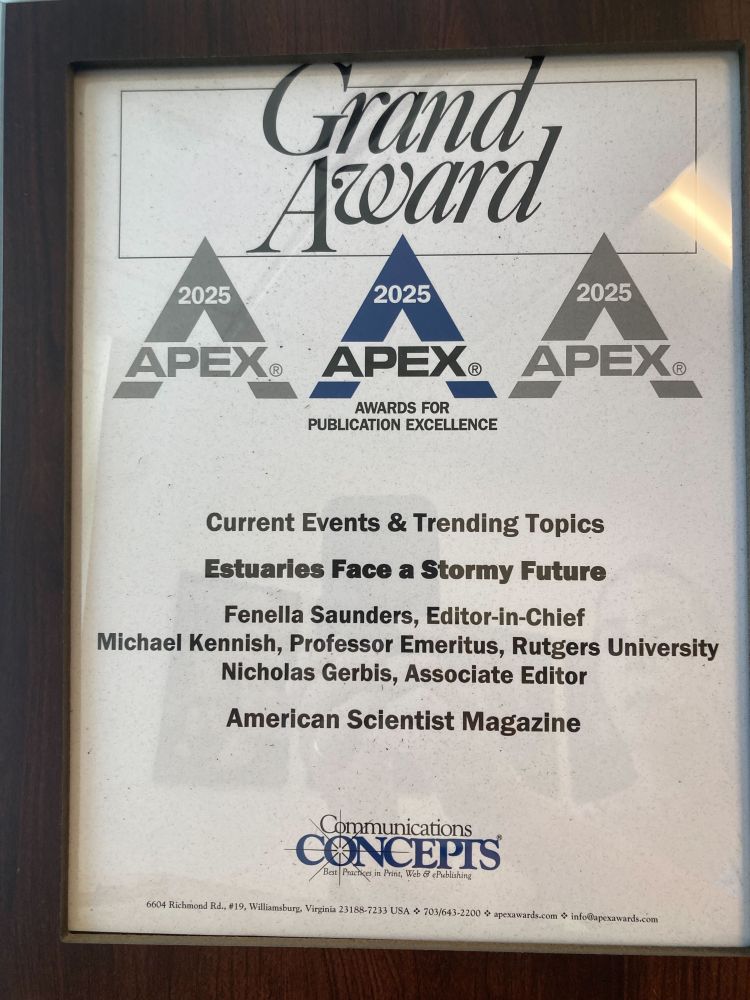
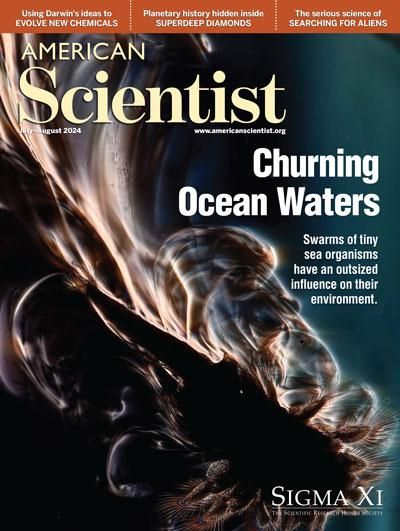
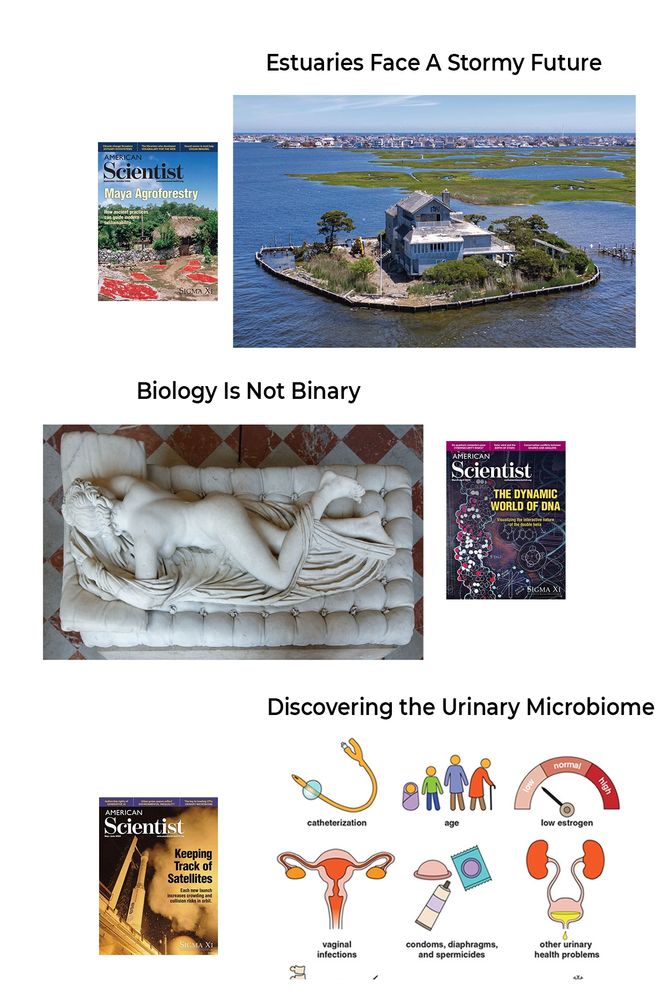
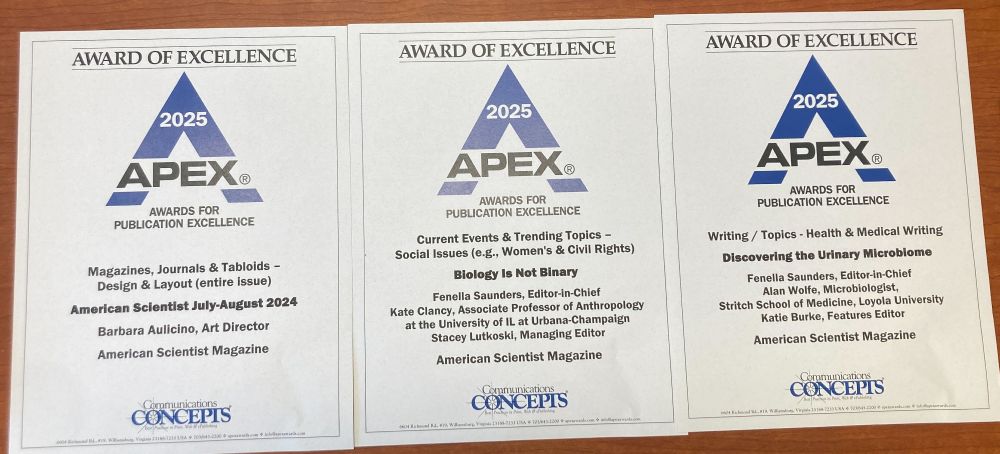
Sigma Xi's @americanscientist.org publication has won 4 Apex Awards for publication excellence! Congratulations to the writers, editors, and entire publication team.
FULL STORY: apexawards.com
Hi! You can get access to our magazine for free through your local library. I hope this information helps!
24.07.2025 18:09 — 👍 1 🔁 0 💬 1 📌 0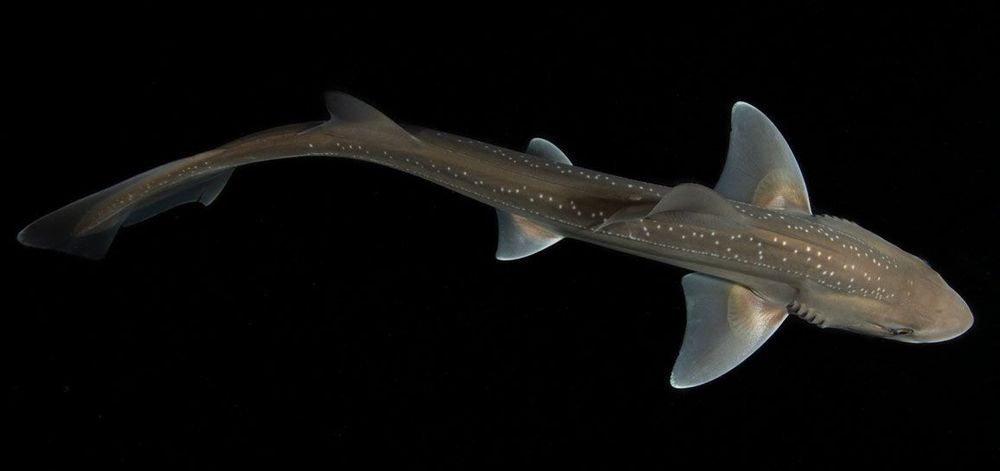
Elasmobranchs such as sharks, rays, and skates have long been considered silent, making noises only while eating, swimming, or colliding. That view began to change in 2022, when divers in Indonesia and Australia noted that two stingray species made clicking noises as they approached.
24.07.2025 14:09 — 👍 3 🔁 1 💬 0 📌 0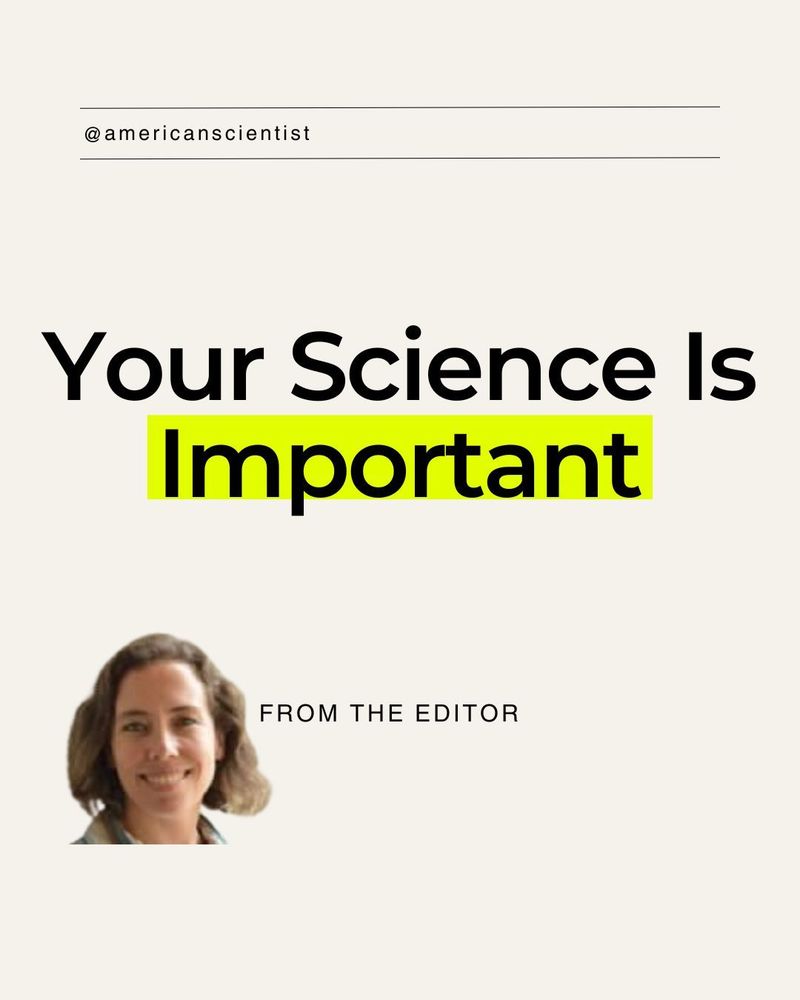
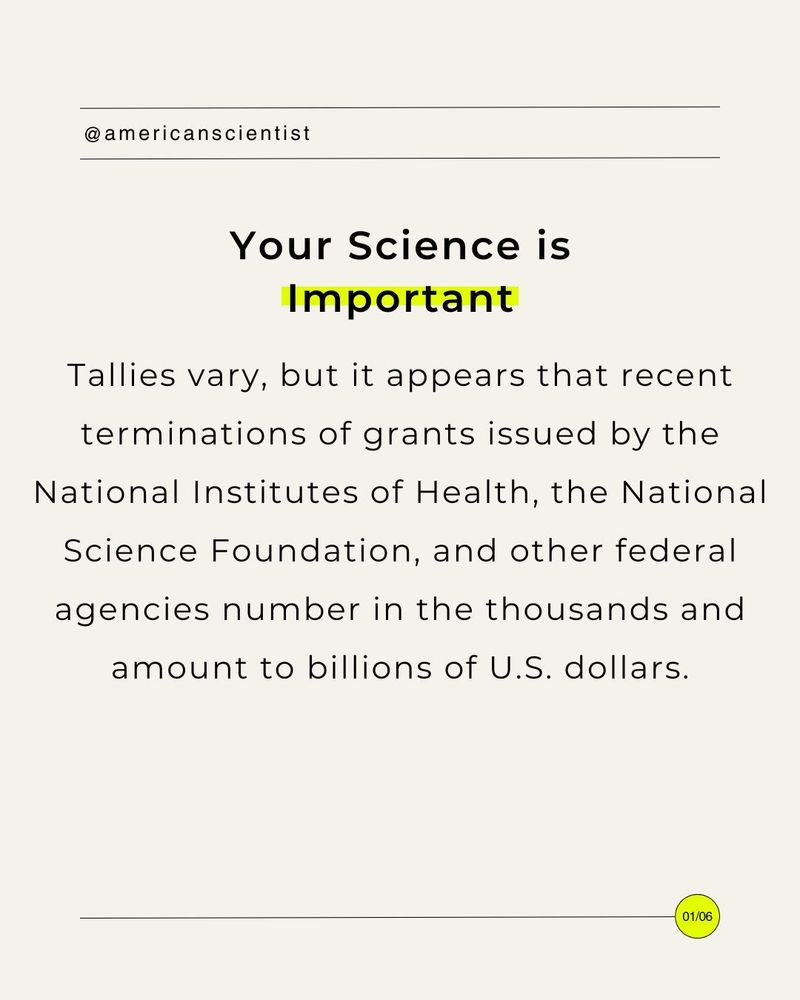
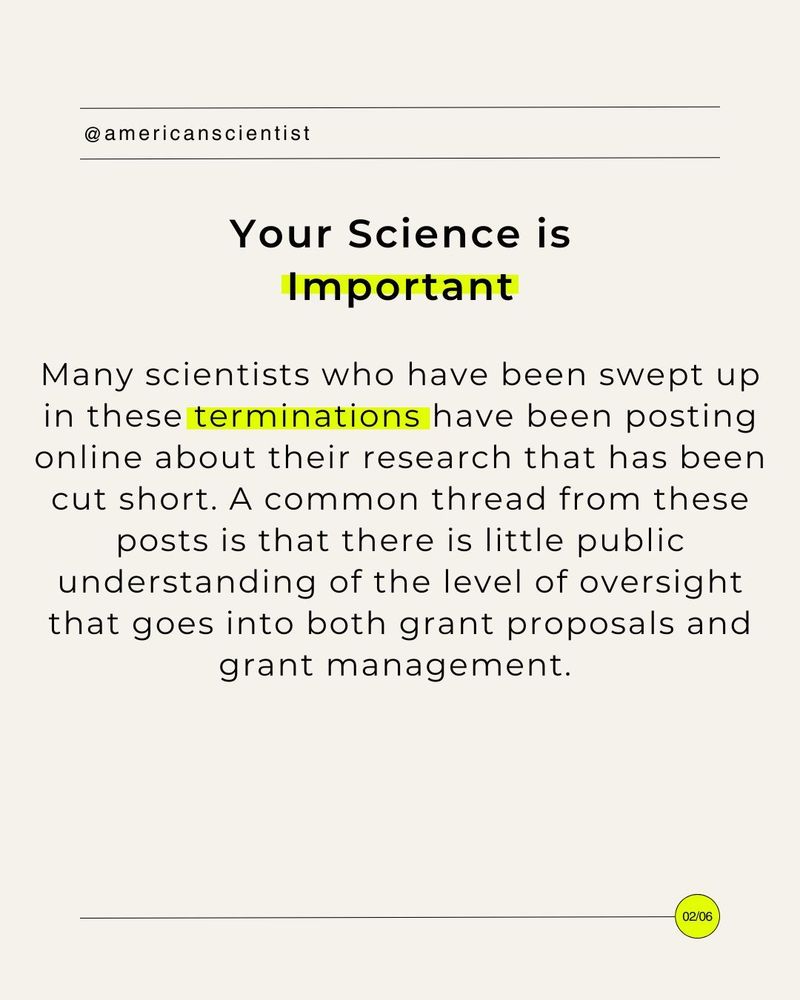
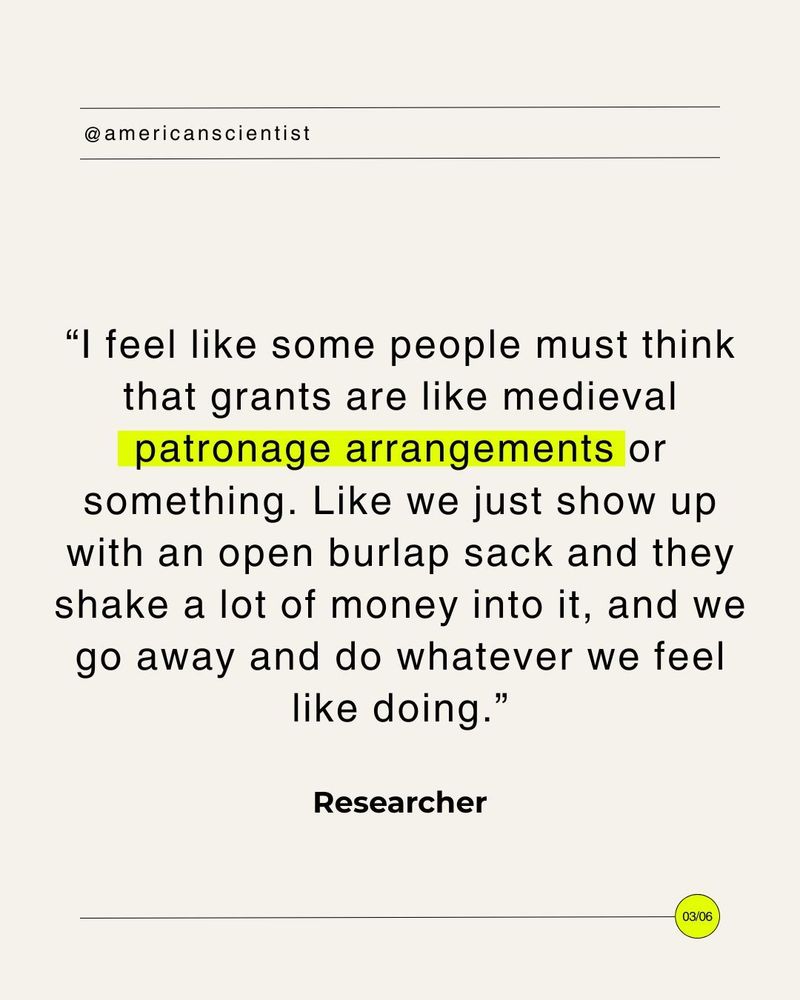
The work being done by every researcher is important to the overall health of the scientific enterprise. At American Scientist, we have always looked for ways to increase support and visibility for scientists.
15.07.2025 14:09 — 👍 12 🔁 4 💬 1 📌 0@whysharksmatter.bsky.social
21.07.2025 21:26 — 👍 1 🔁 0 💬 0 📌 0Similar stories from all over the United States as well as Australia, South Africa, and the Pacific Islands have been shared in the news, on social media, and in peer-reviewed research on anglers’ opinions.
21.07.2025 21:26 — 👍 1 🔁 0 💬 1 📌 0But now, the captain reported, he and his customers get sharked several times a day, occasionally not landing a single fish, and it’s not fun anymore.
21.07.2025 21:26 — 👍 0 🔁 0 💬 1 📌 0He said that when it happened rarely, his customers thought it was cool and fun. Many would excitedly pose for a photo with the half of a tuna they had caught, and they would tell people how big the fish had been before the awesome shark came in and took a piece.
21.07.2025 21:26 — 👍 0 🔁 0 💬 1 📌 0At a 2021 public hearing held by the U.S. National Oceanic and Atmospheric Administration (NOAA), one charter captain noted that he used to get “sharked” once a month or so in Florida, meaning sharks ate his paying customers’ fish before they had a chance to reel them in.
21.07.2025 21:26 — 👍 2 🔁 0 💬 2 📌 0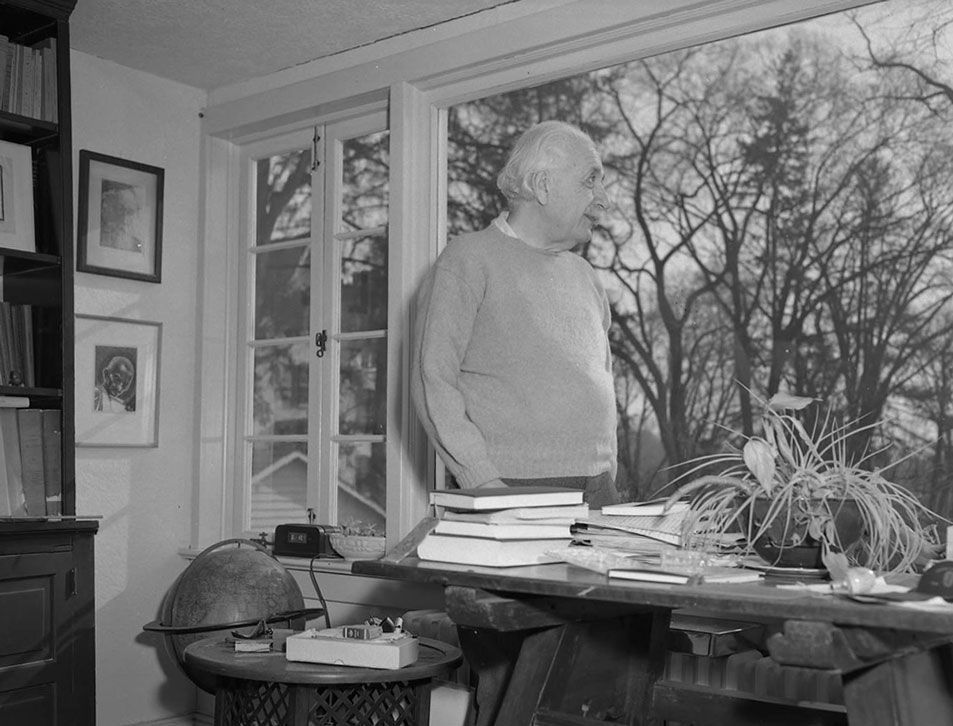
Seventy years after his death, Einstein retains a unique status as an icon of physics-cosmology-imagination-humanism-pacifism-spiritualism authority.
17.07.2025 14:09 — 👍 0 🔁 0 💬 0 📌 0Read more: www.americanscientist.org/article/your...
15.07.2025 14:09 — 👍 0 🔁 0 💬 0 📌 0Please note that as a nonprofit, American Scientist is not permitted to endorse any specific legislation or candidate, but we can support evidence-based science policy, so please keep your submissions nonpartisan.
15.07.2025 14:09 — 👍 0 🔁 0 💬 1 📌 0***NOTE***
Please keep your letter submissions to no more than 300 words. Let us know if you would like us to keep your letter anonymous, or if you are comfortable sharing your name, location, or both.
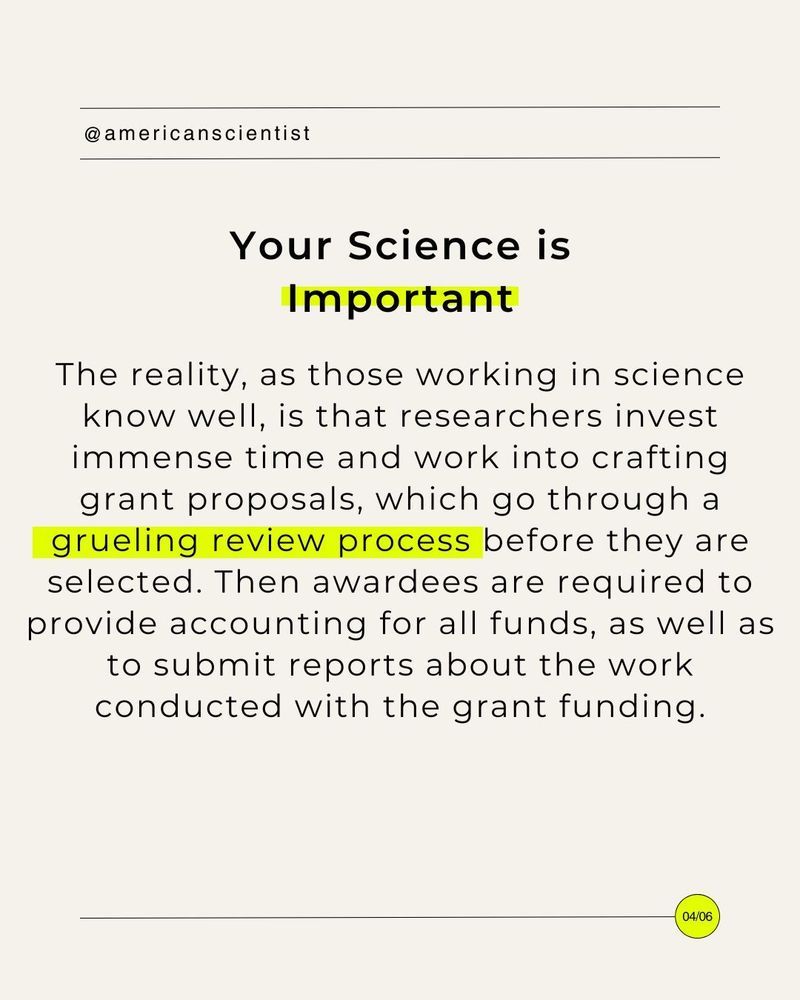
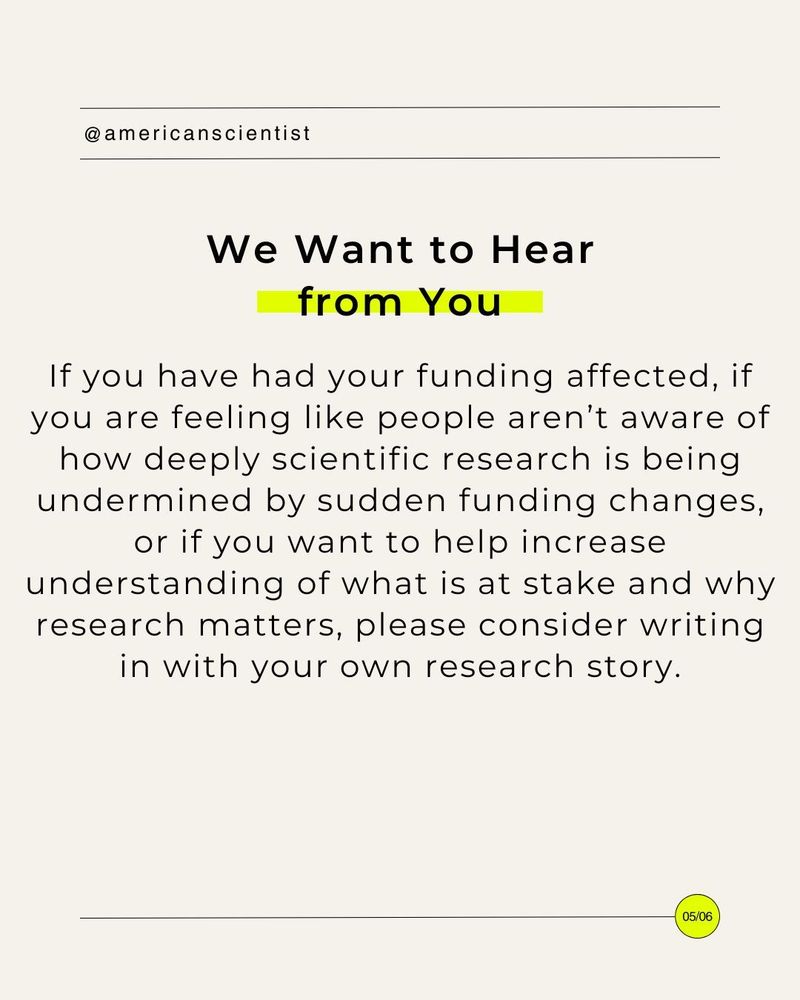

Expanding on that tradition, we are opening up our Letters to the Editors page to any researcher who would like to share with readers why their research is important.
15.07.2025 14:09 — 👍 0 🔁 0 💬 1 📌 0



The work being done by every researcher is important to the overall health of the scientific enterprise. At American Scientist, we have always looked for ways to increase support and visibility for scientists.
15.07.2025 14:09 — 👍 12 🔁 4 💬 1 📌 0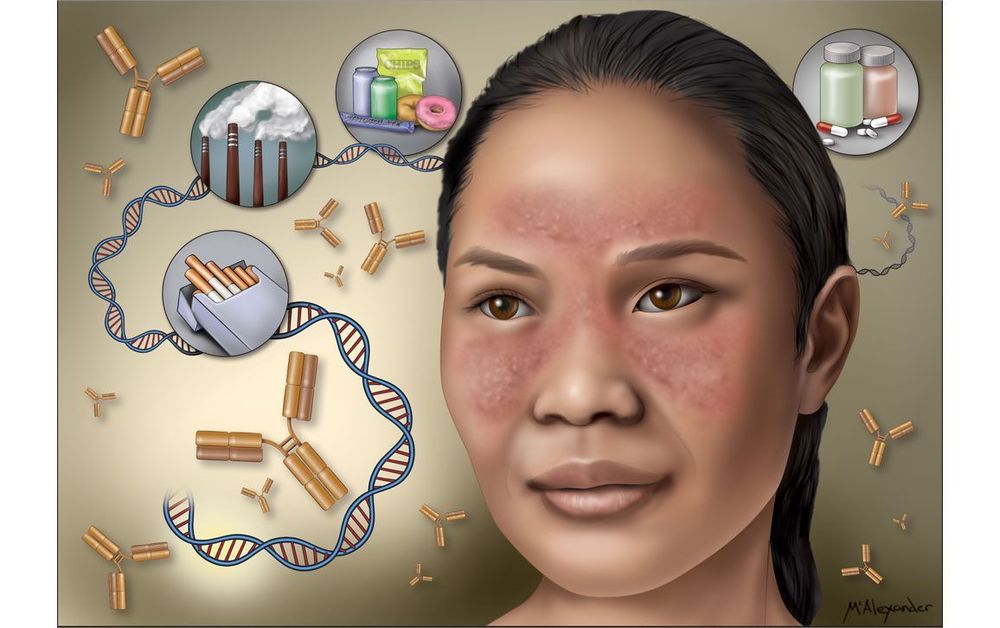
Researchers are now uncovering how these early immune system misfires unfold—and how to catch them in time—using predictive biomarkers such as autoantibodies.
10.07.2025 14:11 — 👍 2 🔁 1 💬 1 📌 1
"A compelling scientific and personal perspective on one of the biggest ... questions in cosmology"
Thank you @mbkplus.bsky.social for reviewing #BattleoftheBigBang for @americanscientist.org
www.americanscientist.org/article/cosm...
@philhalper.bsky.social
@uchicagopress.bsky.social